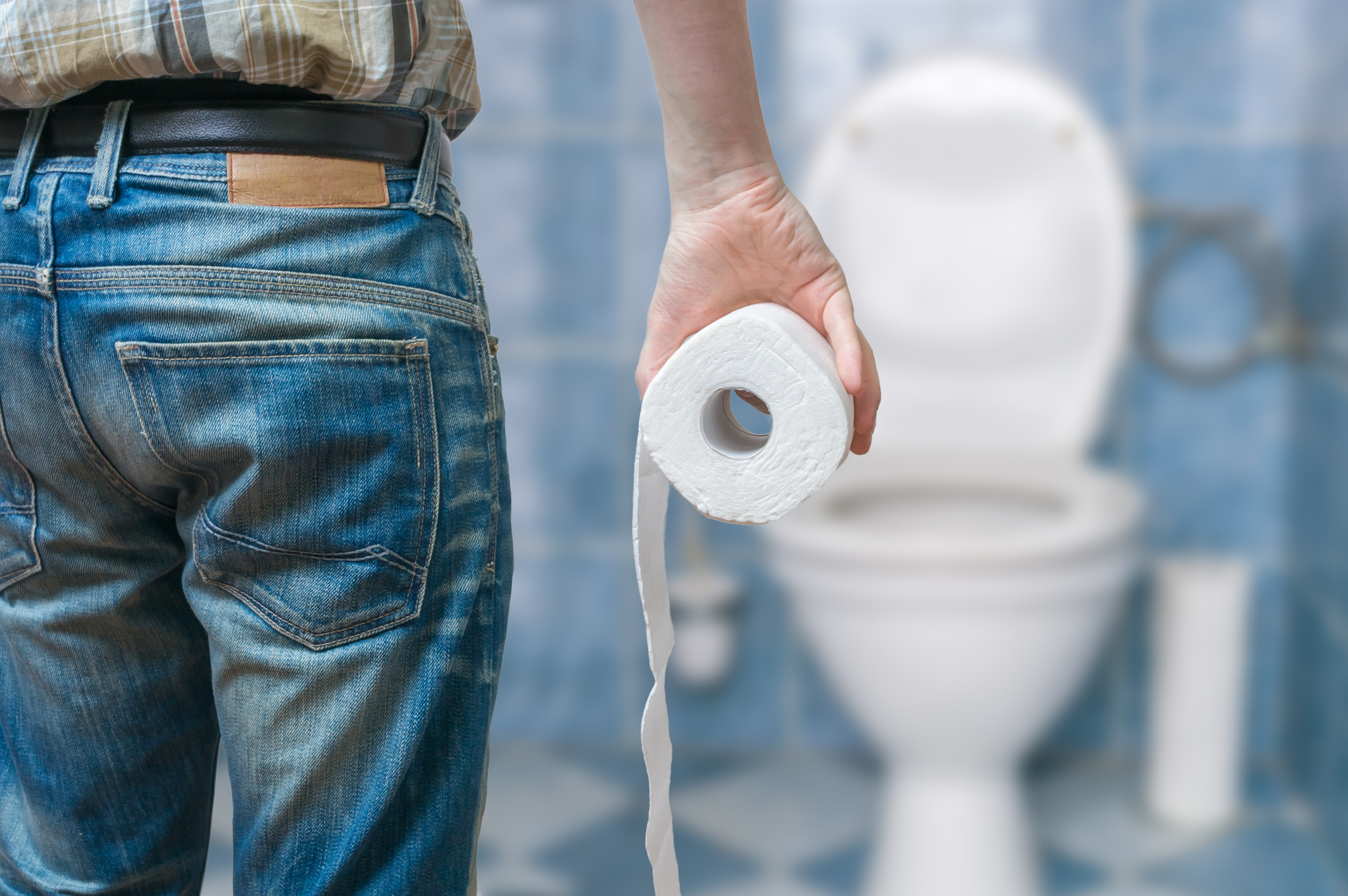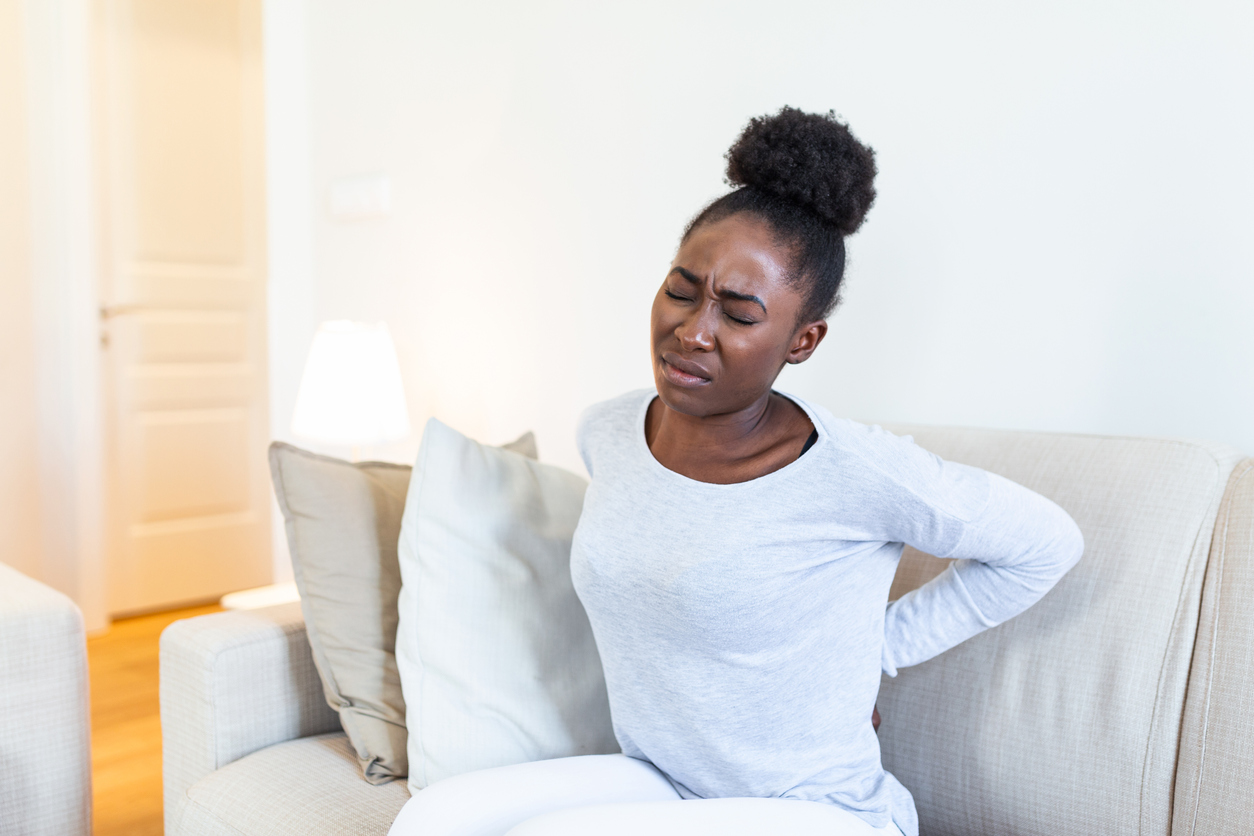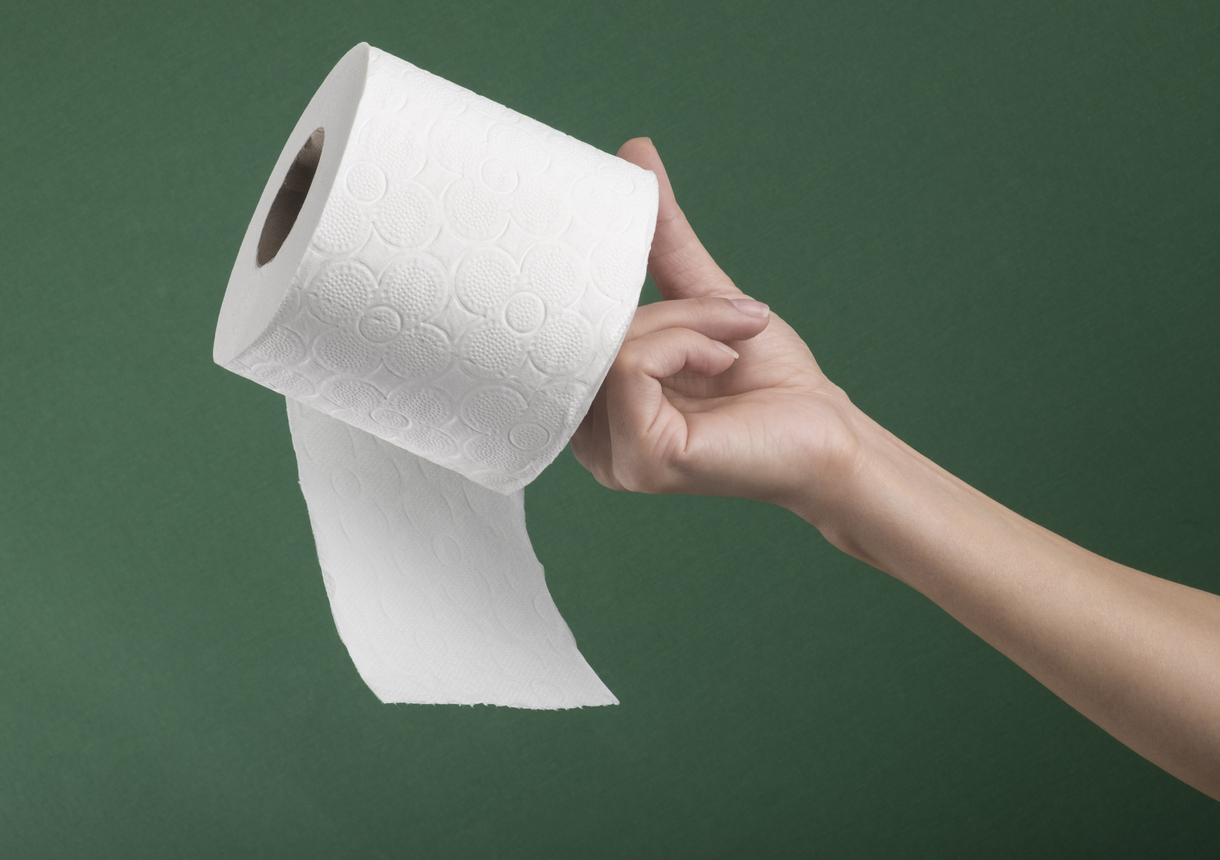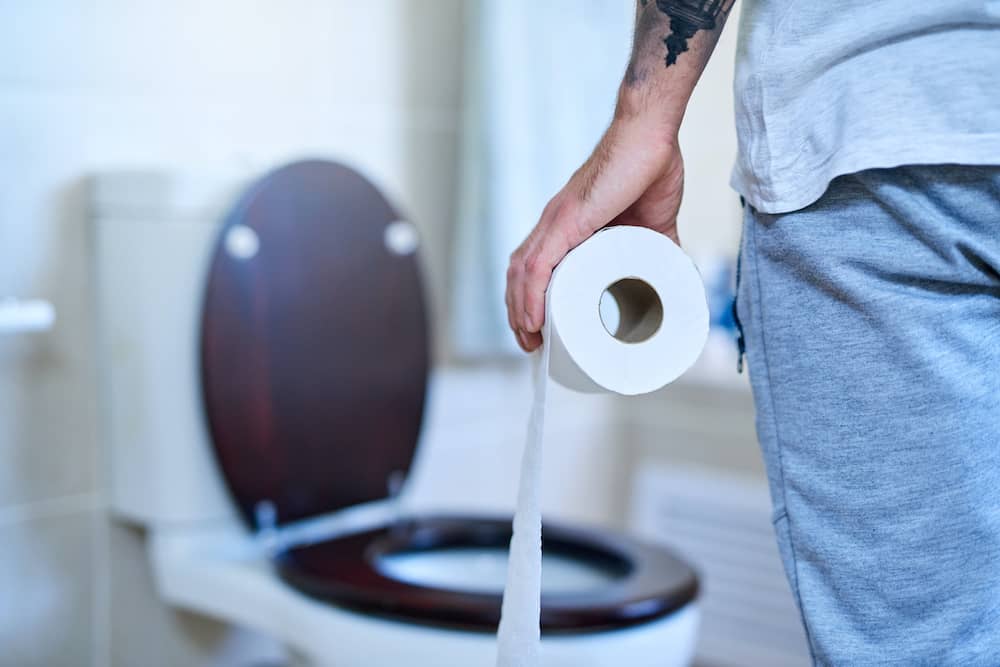Constipation means different things to different people. Some people think that you’re constipated if you don’t have a bowel movement every day, but this isn’t true.
Bowel habits vary from person to person, and it’s perfectly normal to poo 3 times a day, every other day, or even 3 times a week - as long as you’re not struggling to pass the stool.
So how can you tell if you’re constipated? Generally speaking, you probably have constipation if:
- you’re pooing less than 3 times a week
- you find it difficult to push out your poo
- your poo is dry, lumpy or hard
- you feel blocked up
- you don’t feel like your bowels are empty even after going to the toilet
Constipation is a common problem, but it’s often short-lived, and most cases can be managed by making gradual changes to your diet and lifestyle.
If you’re constipated for a long time, or your constipation doesn't respond to those changes, it may be time to see a doctor.
You should also see a doctor if you have constipation and:
- you have blood in your poo
- you feel very tired
- you lose weight suddenly
These could be symptoms of a more serious medical condition.
What causes constipation?
Constipation can be caused by lifestyle choices like eating a diet that’s low in fibre, not drinking enough water or not getting enough exercise.
In some cases, constipation can’t be explained. According to the UK’s National Health Service, 1 in every 6 people with constipation has a good diet, drinks a lot of fluids, doesn’t have any diseases and gets plenty of exercise. These people are said to have underactive bowels.
Constipation can also be a side effect of some medications such as antidepressants, iron supplements or opiate-based painkillers like codeine.
In some cases, constipation can be the symptom of an underlying medical condition, such as irritable bowel syndrome, diabetes, or an underactive thyroid gland.
Occasionally it can be a sign of a more serious condition, such as an intestinal blockage.

When to worry about constipation
Constipation can make you feel sluggish and bloated, but most cases can be resolved by making simple changes to your diet, your lifestyle or your medications.
If you’re regularly constipated, and it lasts for a long time, you should see a doctor as they may want to rule out an underlying health condition.
Long-term or chronic constipation can lead to the following conditions.
Faecal impaction
This is where hard, dry stools collect in the rectum and stop you from going to the toilet at all.
Faecal impaction can make your rectum swell up, causing bowel incontinence and reducing sensation in or around your anus.
This normally needs to be treated with laxatives.
Haemorrhoids or Fissures
Chronic constipation can increase your chances of developing haemorrhoids or fissures (painful tears in the lining of your anus) that can cause rectal bleeding.
These may need to be treated by a doctor.
Rectal Prolapse
Constantly straining to poo can lead to rectal prolapse, where part of the rectal wall collapses and sticks out of your anus.
Diverticulitis
Straining to pass small, hard stools can also put pressure on the walls of your intestines. This can create weak spots that allow parts of your intestine to bulge through the protective tube of muscle that surrounds it.
These pockets are called diverticulum, and they can become inflamed or infected by bacteria in your digestive tract -- causing a condition called diverticulitis.
Diverticulitis can cause:
- stomach pain
- bloating
- blood in your stool
- abdominal cramps
It needs to be treated by a professional so if you think that you might have diverticulitis, you should see a doctor as soon as you can.

How is constipation treated?
If constipation doesn’t respond to diet or lifestyle changes, a pharmacist or a doctor may recommend or prescribe a laxative.
These medications help to loosen the bowels, or encourage stool to move through the colon so that you can poo more often.
If a laxative is not effective, a doctor may change the laxative or increase the dose. They may also suggest trying a suppository instead, which is inserted into your rectum to deliver medication.
If the doctor is concerned that there may be another cause of your constipation, they may want to rule out an obstruction or an underlying health condition. To do this they may order blood tests, an X-ray of your abdomen or an endoscopy to examine part of your intestines or bowels.
Your doctor may also want to examine your rectum to check for rectal fissures, haemorrhoids or rectal prolapse. They'll do this by inserting a lubricated finger into your anus. This can be uncomfortable, but it shouldn’t be painful and they'll be wearing gloves so it will be safe and hygienic.






